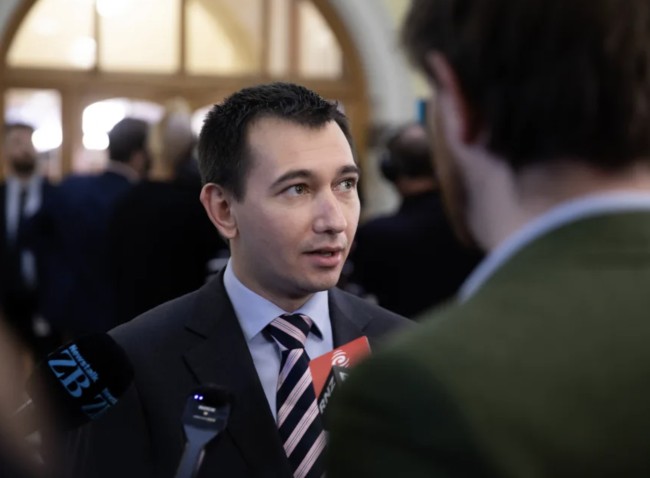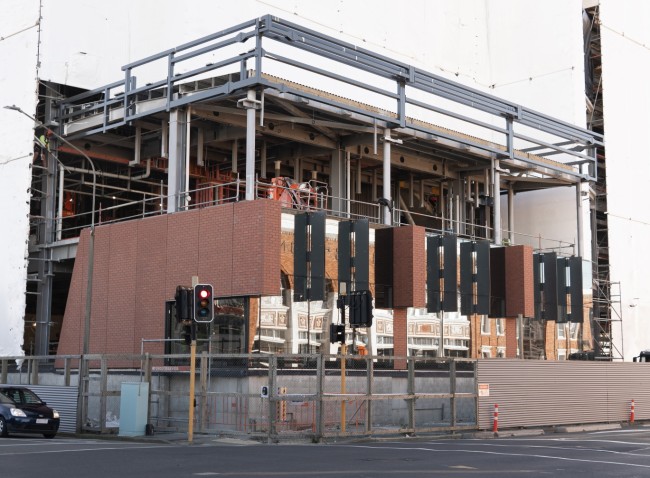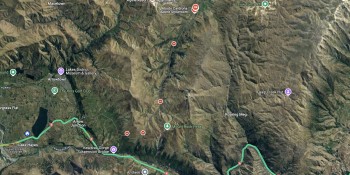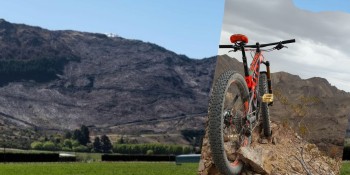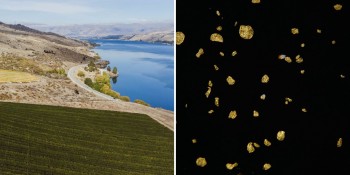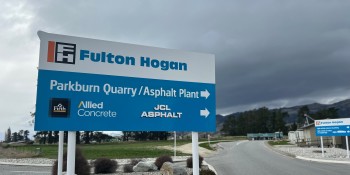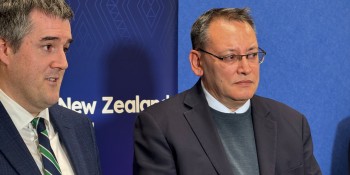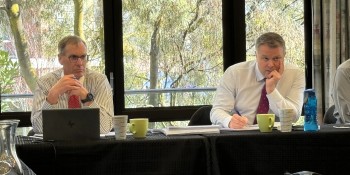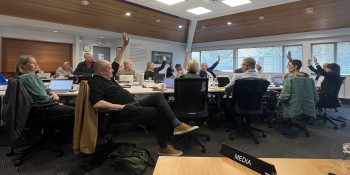
Central Otago sets sights on Airbnb and bed taxes
Property owners running Airbnbs or other short term visitor accommodation in Central Otago may be hit by commercial rates in years to come.
District council staff have been given go-ahead to further investigate the idea, before it would be put to the public for consultation.
It is one of two proposals discussed by councillors this week aimed at helping tourism pay its way.
The move follows the lead of the Rotorua Lakes Council, which has just approved the charging of commercial rates to short-term rental providers.
It means properties available for more than 60 nights on platforms such as Airbnb will be charged a targeted rate, rather than the residential rate they have previously been subject to.
At a full council meeting in Alexandra this week, elected members instructed staff produce a cost-benefit analysis on the introduction of such a policy in Central Otago.
If the numbers stack up, staff will bring a paper back to the council for consideration to include as part of the annual plan consultation in 2026.
In a separate move as part of the same discussion, the council weighed in on the 'bed tax' debate.
The end result, staff will also explore what this option could look like in a local context, with the idea to be publicly consulted on before any implementation.
The council also formally offered its support to the Queenstown Lakes District Council's ongoing bid to have a bed tax - or some sort of similar tourist levy - in its jurisdiction.
There, mayor Glyn Lewers and council chief executive Mike Theelen have been attempting to reignite a conversation that started in 2019 and was shelved during the Covid-19 pandemic. An initial proposal pitched in 2019 had support from 81 percent of ratepayers.
But such a localised levy needs green light from national government to proceed.
New Zealand already has an international visitor levy collected at the border, which has recently been raised to $100, but CODC community vision group manager Dylan Rushbrook says Central Otago is "at possibly a disadvantage to source this funding because of the relatively small number of international visitors" it hosts.
If the district is to realise its Destination Management Plan, the establishment of sustainable funding to support and manage the visitor economy is needed, Mr Rushbrook says.
"The funding could support local government manage the destination and enable investment in infrastructure, particularly infrastructure which is strained by growing visitor numbers."
The Central Otago District Council has not yet engaged with commercial accommodation providers on the idea of a bed tax but expected some resistance from them initially, as any levy would impact on their guests.
The proposal is still at a 'policy position' stage, and while the council's preference would be for a bed tax levied at a national level, that's unlikely, Mr Rushbrook says.
"Central Otago has enjoyed significant growth in its visitor economy, with spend up 39 percent since 2019, which is well above the national average. That growth has primarily been in the domestic market, though operators are reporting a slight slowdown in that market right now as cost living pressures come on.
"At the same time, growth is happening in international markets, particularly the Australian market, which is well served by direct flight connections into Queenstown Airport.
"With further investment from both the public and private sectors into the visitor economy, it is expected Central Otago will continue to experience growth."
Mr Rushbrook says "there is little doubt" that growth will bring related impacts.
Tourism Advisory Board member councillor Tamah Alley says it is no surprise people want to visit Central Otago.
But there are bills that come with being a host community, and someone has to foot them.
"Through the recent annual plan process our communities asked us to find alternate ways to spread costs," Councillor Alley says.
"There is also a fairness element to the conversation, that people who visit would pay a contribution to communal services beyond the local eftpos terminal."
She welcomes more analysis of the costs and benefits of any next move aimed at generating revenue to help manage the effects of tourism.
"It is absolutely something that we should spend some effort on...to understand the implications before further decisions are made."
A full report to the council by Mr Rushbrook can be found with the agenda for the council's full meeting held on Tuesday, September 2024.












